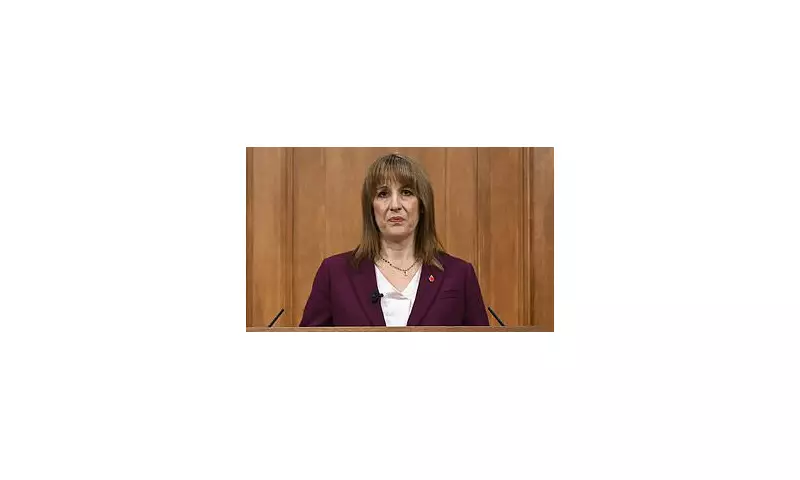
The Productivity Phantom Haunting the Treasury
As Britain approaches the spooky season, genuine fear grips the corridors of His Majesty's Treasury. Following a week of pre-Budget turmoil that witnessed a dramatic U-turn on potential income tax changes, officials now confront their most terrifying economic spectre: the productivity phantom.
The Office for Budget Responsibility (OBR) has delivered its economic projections to Chancellor Rachel Reeves ahead of her crucial November 26 Budget announcement. The most alarming finding concerns productivity - that crucial measure of how efficiently the nation creates value from its resources.
Although final figures remain unpublished, expectations indicate the OBR has downgraded its productivity forecasts for the UK economy. While the annual reduction of 0.3% might appear modest, its implications for Britain's public finances and the government's political fortunes could prove monumental.
The £20 Billion Black Hole Conundrum
This seemingly technical adjustment has dramatically expanded the fiscal challenges facing the Chancellor. The productivity downgrade alone has added more than £20 billion to the so-called 'black hole' in Britain's finances - precisely the same terminology Labour used to criticise Conservative management just one year earlier.
Chancellor Reeves now finds herself hoist by her own petard, confronting an even larger budgetary shortfall than anticipated. This development makes significant tax increases increasingly likely for millions of British households and businesses.
The mere speculation about potential tax rises has already begun draining confidence and pausing spending decisions across the economy. Recent economic data shows growth grinding to a standstill as uncertainty takes hold.
Britain's Productivity Puzzle: A Century of Contrast
But what exactly is this mysterious 'productivity' that holds such power over our economic destiny? In essence, it measures how effectively the nation produces goods and services using available resources - the art of working smarter rather than simply working harder.
The twentieth century witnessed a British productivity miracle. Annual productivity growth averaged around two percent, enabling shorter working hours alongside rising living standards. This consistent improvement funded regular pay increases, resulting in UK living standards rising more than sevenfold over the century.
This century tells a profoundly different story. Since the 2008 global financial crisis, UK productivity growth has averaged a meagre 0.5 percent annually. Consequently, the average British worker finds themselves no better off now than they were sixteen years ago.
Andy Haldane, former chief economist of the Bank of England, identifies a dangerous 'doom-loop' now trapping the Chancellor. Public sector spending risks crowding out private investment with severe consequences for future prosperity. Each potential tax increase threatens to exacerbate this vicious cycle.
Breaking free demands radical thinking. Rather than placing the entire burden of balancing the books on households and businesses - the true engines of productivity - government must undertake lasting, root-and-branch reform of the state itself.
With the state's size relative to national income approaching potentially dangerous levels above 50 percent, and debt interest payments consuming around £100 billion annually, the November Budget represents a critical juncture. The dream of improved living standards for Britons hangs by the slenderest of fiscal threads.





